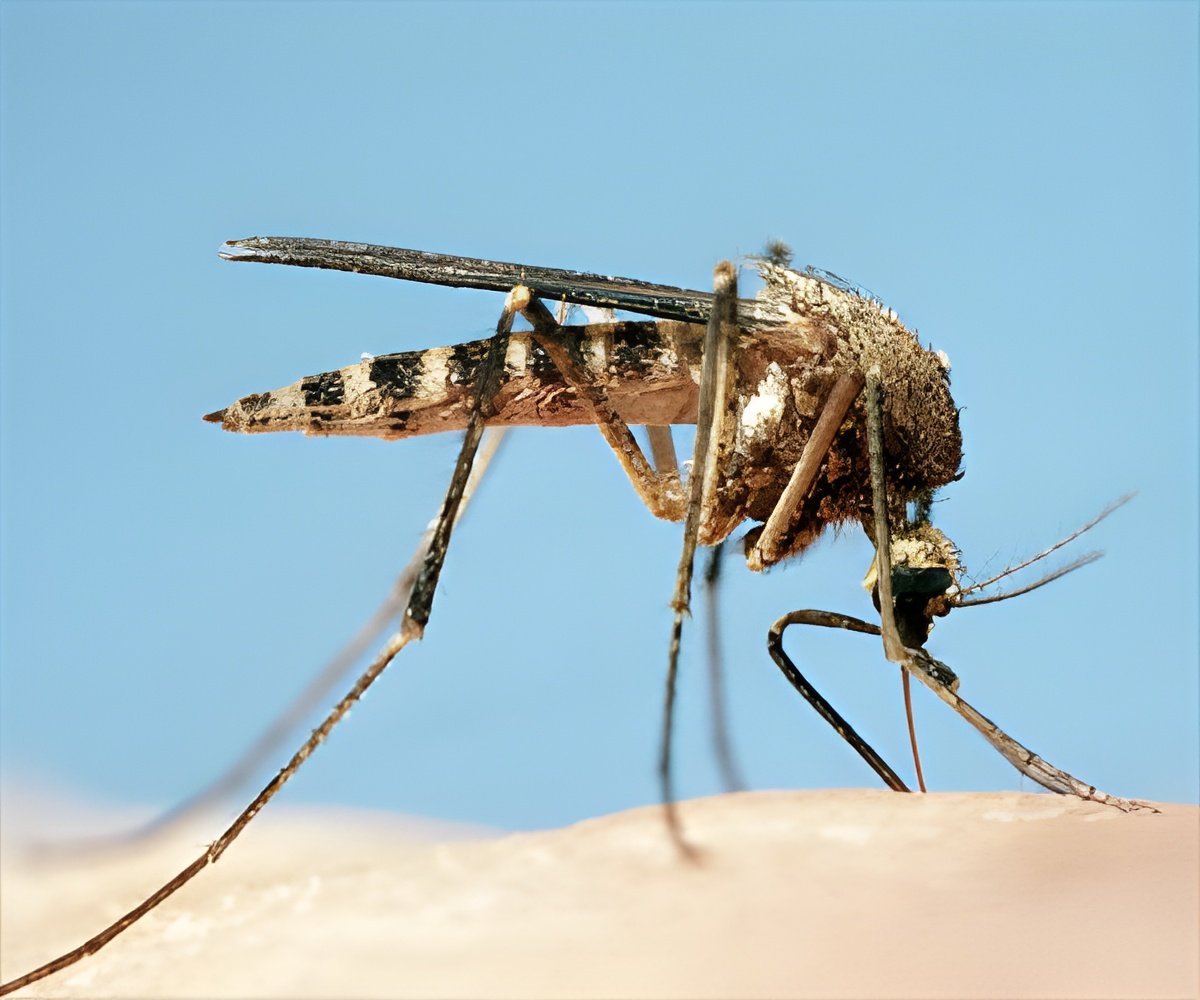Development of new solutions and strategies will play a key role in beating the threat from drug- and insecticide- resistant malaria.

"The WHO South-East Asia Region has made compelling progress in its efforts to combat malaria. Sustained and robust financial investment and political will is crucial. This is necessary to make immediate gains, and also to eliminate any danger of resurgence," the statement said. "History must not be repeated. National malaria programmes must be empowered to work across sectors and utilise resources effectively," it added.
The WHO said continued development of new solutions and strategies -- including next-generation drugs, diagnostics and vaccines -- will play a key role in beating the threat from drug- and insecticide- resistant malaria. In a recent survey, one third doctors said unhygienic surroundings were the prime cause of malarial deaths in India.
Source-IANS











